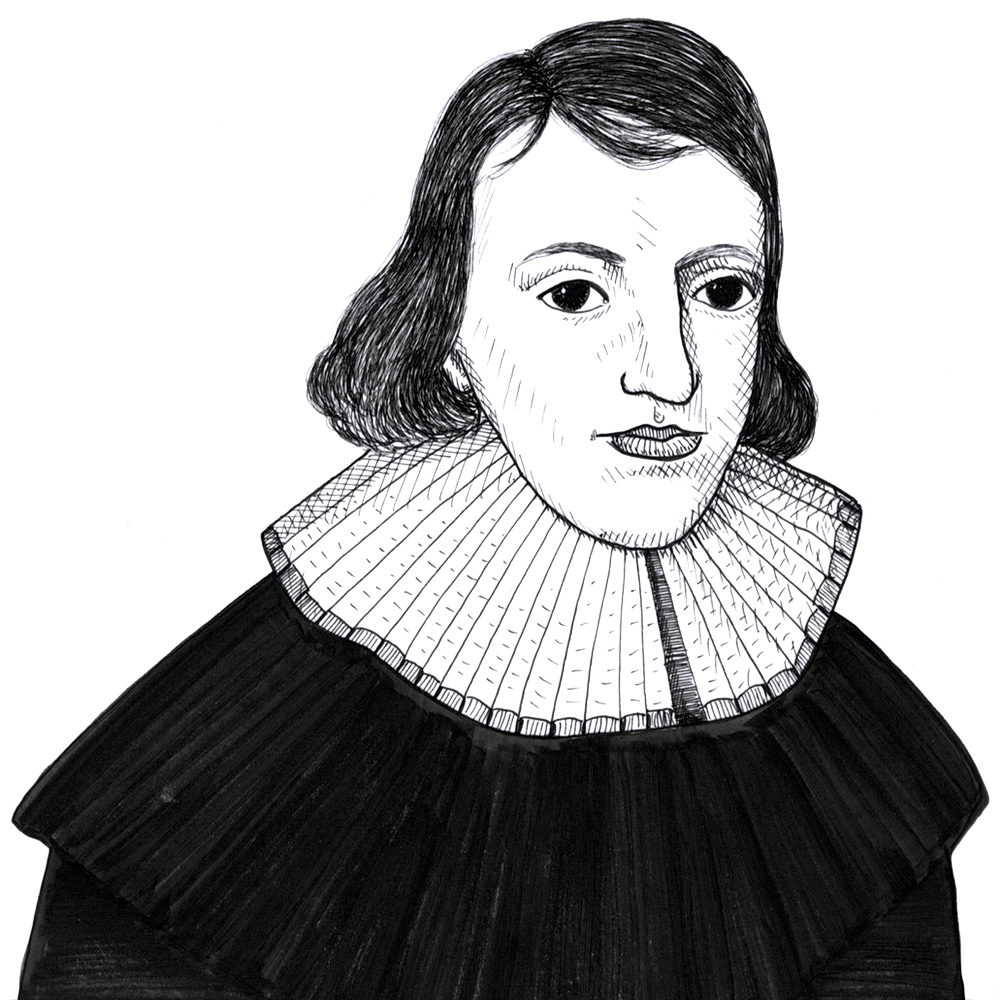
John Milton’s Advice to Kings
Found in: The Poetical Works of John Milton
The epic poems of John Milton (1608-1674)–Paradise Lost, Paradise Regained, and Samson Agonistes–unite erudite recountings of their biblical subjects with explorations of the complex political landscape of 17th century England. In Paradise Regained, for example, Satan’s temptations lead Jesus to this meditation on the true virtue of kings.
Literature & Music
For therein stands the office of a King,
His Honour, Vertue, Merit and chief Praise,
That for the Publick all this weight he bears.
Yet he who reigns within himself, and rules
Passions, Desires, and Fears, is more a King;
Which every wise and vertuous man attains:
And who attains not, ill aspires to rule
Cities of men, or head-strong Multitudes,
Subject himself to Anarchy within,
Or lawless passions in him which he serves.
John Milton, Paradise Regained, Book II, lines 463-472 (original publication date:1671)